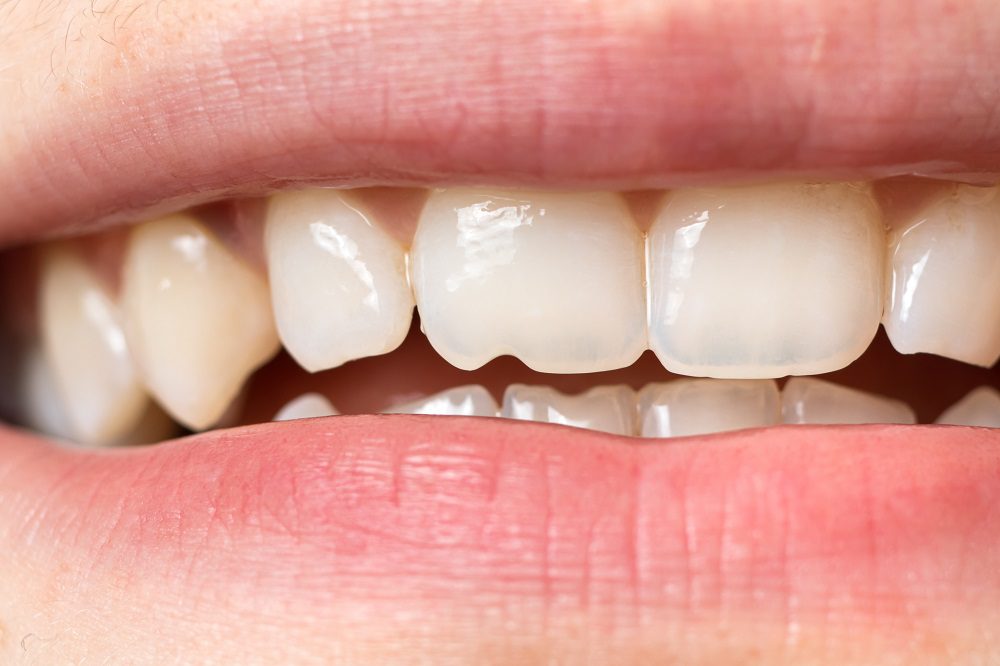With cosmetic dentistry, there are several treatment options available to address minor imperfections in your smile. Both dental bonding and veneers can help treat issues such as misshapen teeth or discoloration. However, porcelain veneers and tooth bonding in Baltimore aren’t always used interchangeably.
In some instances, veneers may be necessary for more protection. And in other cases, you may only need bonding to fix the issue. After discussing your cosmetic goals, your dentist can help determine which treatment option may be right for you.

The Differences Between Veneers and Tooth Bonding in Baltimore
Understanding the difference between the two treatments is often key to making the right decision. While veneers and bonding both work towards the same goals, they don’t work in the same ways. Veneers are thin shells that fit over your natural teeth.
Bonding, on the other hand, uses a composite material to adjust your teeth, much like getting a dental filling. Both options have their own advantages and disadvantages for certain situations.
Scale of Treatment
Generally speaking, veneers are recommended for patients who have multiple imperfections that need treatment. Veneers often come in pairs to help maintain balance in your smile. For this reason, they aren’t often recommended for patients who have just one tooth that needs adjusting.
Tooth bonding, however, is often best for minor imperfections that only affect one or two teeth. If you have multiple teeth that need treatment, your dentist may recommend veneers over bonding.
Cost
Dental bonding tends to be the more cost-effective option for cosmetic treatment. Because insurance companies are more restrictive with cosmetic coverage, you’ll likely have to pay for most or all of your procedure out-of-pocket. Because veneers are more expensive, you may be able to split your treatment into different phases. By spreading out the procedure over a few different appointments, you could help cover the extra cost if needed.
Longevity
Veneers may be more expensive at the start, but they also tend to last longer than bonding. With proper care and maintenance, dental bonding can last between three and ten years before needing to be replaced. Veneers, on the other hand, could last you up to fifteen years.
How long your treatment lasts often depends on how well you care for it. With either option, proper oral hygiene and routine dental visits are key to keeping them around for a long time.
If you’re unhappy with your smile, dental bonding may be able to help. At Cosmetic & Advanced Dentistry, we offer a range of cosmetic and restorative treatments that could help improve your smile. Call us today at (410) 697-6290 to schedule a consultation and see which treatment could be right for you.
